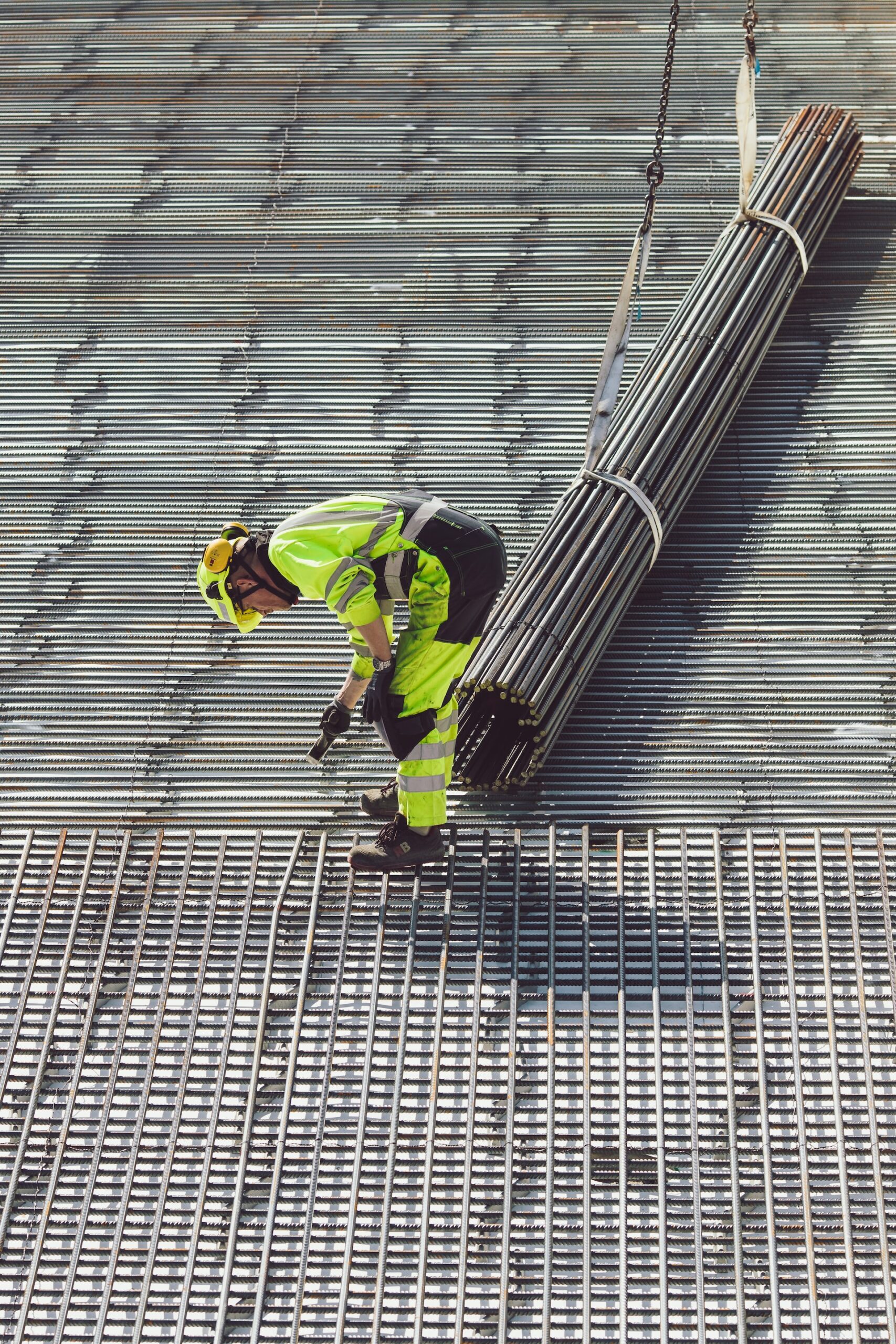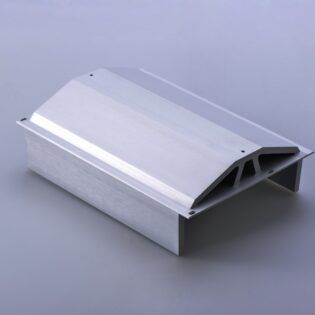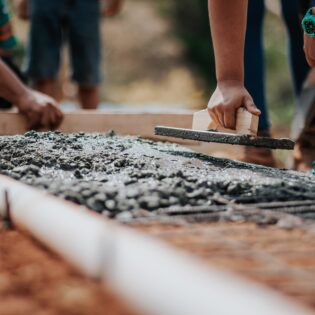Quality Iron and Steel
**Iron and Steel Exports from Pakistan: Forging Strength on the Global Stage**
Pakistan’s iron and steel industry has evolved into a robust force in the international market, exporting a diverse range of products that serve as the backbone for various sectors. From construction projects to industrial applications, Pakistani iron and steel exports contribute significantly to global development. Let’s explore the characteristics, economic impact, and global significance of Pakistan’s iron and steel exports.
**1. **Diverse Range of Steel Products:**
Pakistan’s iron and steel exports encompass a diverse array of products, including flat and long steel products. This includes sheets, coils, bars, rods, and structural steel used in construction, infrastructure development, and industrial applications.
**2. **Quality Standards and Certification:**
The iron and steel industry in Pakistan places a strong emphasis on adhering to international quality standards. Many steel manufacturers obtain certifications to ensure that their products meet the stringent requirements of global markets, enhancing the competitiveness of Pakistani steel exports.
**3. **Construction and Infrastructure Development:**
Pakistani iron and steel products play a crucial role in construction and infrastructure development globally. From high-rise buildings to bridges and roads, the durability and strength of Pakistani steel contribute to the structural integrity of diverse projects.
**4. **Automotive and Machinery Components:**
The automotive and machinery industries rely on Pakistani iron and steel exports for the manufacturing of components such as engine parts, chassis, and various structural elements. The versatility and strength of Pakistani steel make it an essential material for these critical applications.
**5. **Economic Impact:**
The iron and steel industry is a major contributor to Pakistan’s economy. The sector generates employment opportunities, fosters technological advancements, and significantly contributes to export revenue. Its impact extends beyond manufacturing to transportation, logistics, and related industries.
**6. **Global Export Markets:**
Pakistani iron and steel products find their way to various countries across the globe. Key export markets include the Middle East, Southeast Asia, Europe, and North America. The demand for Pakistani steel products is driven by their quality, competitive pricing, and adherence to global standards.
**7. **Innovation and Technological Advancements:**
The industry continually invests in innovation and technology to stay competitive. Advanced manufacturing processes, efficient production techniques, and the adoption of Industry 4.0 practices contribute to the overall growth and sustainability of the iron and steel sector in Pakistan.
**8. **Sustainability Initiatives:**
With an increasing focus on sustainability, Pakistani iron and steel manufacturers are implementing environmentally friendly practices. This includes energy-efficient production processes, waste recycling, and initiatives to reduce the carbon footprint, aligning with global sustainability goals.
**9. **Challenges and Opportunities:**
Challenges such as raw material availability, energy costs, and global market fluctuations are navigated by the industry. Opportunities for growth lie in product diversification, technological upgrades, and exploring emerging markets.
**10. **Contribution to Industrial Development:**
Pakistani iron and steel exports contribute to the industrial development of importing countries by providing essential materials for manufacturing, construction, and infrastructure projects. This, in turn, supports economic growth and job creation in those regions.
In conclusion, iron and steel exports from Pakistan stand as a testament to the nation’s manufacturing strength and its integral role in global development. From constructing iconic structures to powering industries, Pakistani iron and steel products continue to forge a path of strength and resilience on the international stage.




